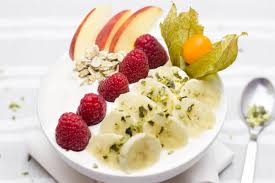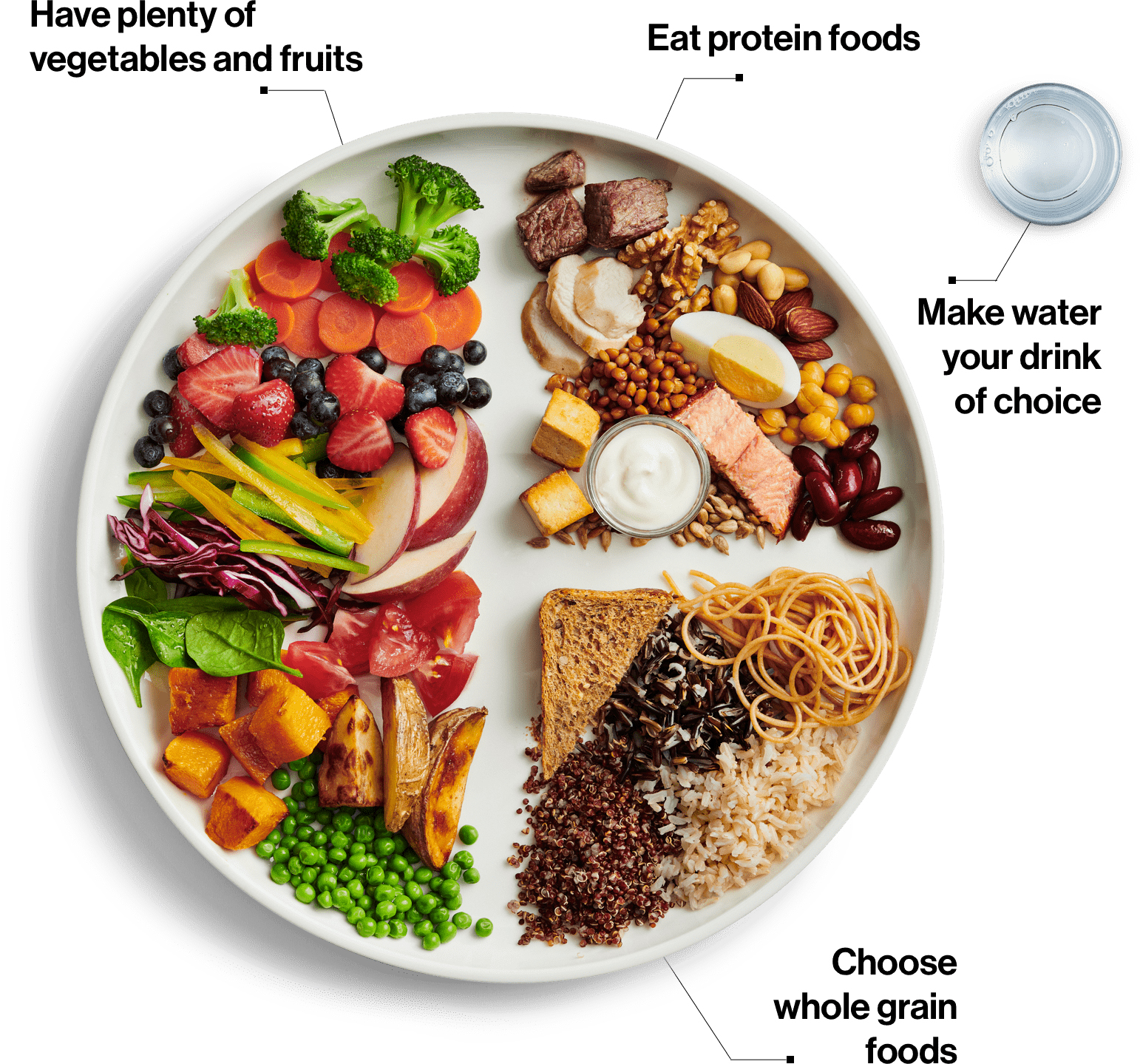It could be frustrating to see family members or friends who eat far more than you do, but still maintain a leaner body; or perhaps you find that no matter how much you eat, you are not able to put on more weight. Either way, what’s partly to blame is your metabolism.
Metabolism is of course a broad term; hence, to better understand what metabolism refers to, we should break it down into more specific terms. When we talk about the basal metabolic rate, we are referring to the number of calories that are used up by the body, while we rest, irrespective of our diet and exercise habits. In comparison, total metabolic rate takes into consideration the energy that the body uses for physical activity, in addition to what is required for basal metabolism. The basal metabolic rate is influenced by a number of factors, including our genetics, gender, age, and muscle mass. On the other hand, the total metabolic rate is influenced by variable factors including the food that you eat and your level of physical activity.
As a dietitian, my focus is always on lifestyle changes that are in our control and how we can modify them to be our healthiest selves. So let’s talk about lifestyle and its impact on metabolism!
Are There Foods that Serve as Metabolism Boosters?
This is the big question that I often get asked in my practice. The truth is, research does suggest that foods metabolize differently depending on its composition and how it’s consumed. For example, eating a large portion of food containing sugar and fat has been linked with faster uptake of these nutrients into your bloodstream and greater fat storage. This observation, however, varies significantly among individuals. Therefore, it’s difficult to predict how each of us would respond to different foods. There are, however, certain strategies and recommendations that “may” help some individuals boost their metabolism to some degree. You could of course try these strategies and see how your body responds.
Starting the Day with Breakfast
Having something to eat when you get up in the morning could help kickstart your metabolism after several hours of fasting. Even if you are not hungry enough for a big breakfast, you may consider having something small, such as a piece of fruit, just to get your metabolism going,

Eating More Often
It has long been suggested that eating every few hours (2-4 hours) could help speed up metabolism whereas  leaving long stretches between meals is expected to slow down your metabolism as your body prepares for the worse. Of course, it is important to listen to your hunger cues and eat when hungry.
leaving long stretches between meals is expected to slow down your metabolism as your body prepares for the worse. Of course, it is important to listen to your hunger cues and eat when hungry.
Eating Balanced Meals
The composition of your meals could impact your metabolism, too. The easiest way to achieve this is by following the Eat Well Plate, where half your plate is filled with colourful vegetables, one quarter with whole-grain foods, and the other with a good source of protein.

https://food-guide.canada.ca/en/
Get More Protein
When planning your meals and snacks, you should focus on getting adequate high-quality protein. This is a nutrient that requires more work to be metabolized and may in turn help boost your metabolism. It is also the necessary ingredient for making muscle, which we will discuss later.
What Else Could I Do to Improve my Metabolism?
Regular Aerobic Exercise
Another lifestyle change that could help you boost your metabolism is physical activity. Of course, the more active you are, the more calories you burn. The recommendation is to do about 30 minutes of aerobic exercise each day. This could include any sort of physical activity, such as regular walks in your neighborhood. Even better, if you are able to engage in High-Intensity Interval Training (HIIT), you are expected to boost your metabolic rate even more substantially.
Strength Training
Another type of physical activity that could really help is strength training. The main advantage comes through changes in your body composition; by doing regular strength training exercises, you would build more muscle mass, which in turn increases your basal metabolism. This is where getting enough protein in the diet helps; you would need to have these building blocks available to make muscle mass. So, be sure that your diet includes adequate protein, especially when you are strength training.
Are There Supplements That I could Take to Increase my Metabolism?
Unfortunately, there is nothing out there that you could eat or take to magically increase your metabolic rate. If there were such a thing, it would probably be breaking news! Of course, there is some evidence that suggests certain foods, like green tea and coffee “may” help slightly, though this effect is negligent. What you can do is to eat a balanced and nutritious diet and to increase your physical activity both to expend more energy and to build more muscle mass.
Ready to make these changes? Book your appointment today!